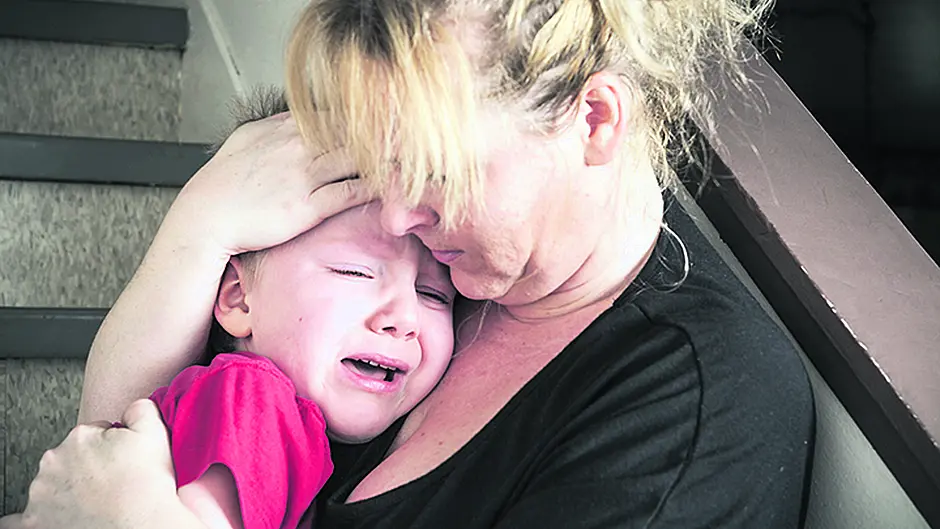The trauma of homelessness has, this year, had ‘a serious psychological effect' on 96 children living in West Cork.
THE trauma of homelessness has, this year, had ‘a serious psychological effect’ on 96 children living in West Cork.
According to Patrick Healy, the manager of Novas – a tenancy sustainment service that operates out of the Council offices at Kent Street, Clonakilty – 115 households were helped out of homelessness this year alone.
Mr Healy said the figure for 2019 represents an unprecedented 539% increase since 2014, and is 17.3% up on last year’s figures.
The Novas West Cork manager described the rise in homelessness as alarming because 2018 had already been ‘record breaking both in terms of the number of people supported and the number of referrals.’
He warned that homelessness in West Cork is ‘a hidden issue’ because many people who are ‘couch surfing’ are not documented.
Mr Healy said the problem is unlikely to abate anytime soon because West Cork is heavily reliant on B&Bs, as well as hostels, and these facilities are already ‘at capacity’ despite the fact that the tourism season has yet to begin in earnest.
Of the 115 households that were supported out of homelessness 52 were families – a figure that includes 96 children. Mr Healy confirmed that 46% of them were Irish, 27.8% were from the UK, 10.4% were European, and 7.8% were from the Irish Traveller community, with the remainder coming from other parts of the world.
Mr Healy said many of those who applied for assistance had rented privately before losing their homes and he described the new phenomena as ‘economic eviction.’
He said: ‘Some were evicted from the private rental market due to landlords selling, or moving into their own property, or because the property was to be substantially redeveloped.’
The stigma of homelessness is especially acute in close-knit rural areas, according to Mr Healy. And he said some children are refusing to go to school because they do not want to be identified as ‘the homeless kid’ or ‘the hostel kid.’
For parents, he said, there is an abiding sense of shame. ‘They ask: “Are we the only homeless family in West Cork?”’
He said mothers and fathers ‘feel like failures’ because they can’t provide the basic needs and the security of a home despite the fact that their circumstances are often outside of their control and can be attributed to the worsening housing and homeless crisis.
In these circumstances, Mr Healy said children are becoming ‘parentified,’ which means they worry for their parents and feel they cannot voice their own legitimate concerns.
‘Structure and being rooted in one place are imperative for a child’s development,’ according to Mr Healy. ‘It gives them a sense of peace, comfort and security and they are deprived of that when they are in homeless accommodation.’
The Novas manager warned that the ‘untold consequences’ for young children are only just beginning to emerge. Their educational needs are being affected, so too is their sense of social isolation because they are either located too far away from normal childhood activities, or the family can’t afford them.
Overall, he said parents and their children experience a sense of ‘powerlessness’ when living in homeless accommodation such as guesthouses, hostels or B&Bs.
• SEE OPINION PAGE 12








